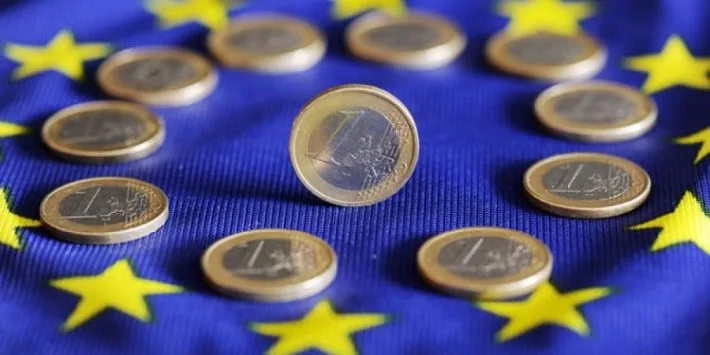The President of the EESC to Eunews: successors of Barroso and Van Rompuy need to change their attitude 
“As European citizen, I feel outraged for the welcome given to the President of the People’s Republic of China, Xi Jinping,” said Henri Malosse, President of the European Economic and Social Committee (EESC). Malosse was the first President of a European institution to have an official meeting with the highest spiritual and political leader of Tibet, the Dalai Lama, during a travel to India, which is seen as a milestone in the European political history. Vice versa, the day in which the Chinese President visited the leaders of the European Union, Malosse was at a protest rally organized by Tibetan protesters, and then said that the European Union is still afraid to face and challenge China on issues such as the respect of human rights and the Tibetan issue. The EU is silent, because of economic interests for sure, and it leaves Tibetans to the mercy of fate, applying “double standards” that “cannot be accepted.”
What is the real weight of the EU economic reasons and interests with China dealing with the Tibetan issue?
The European Union does not have a brave approach, nor a common position on the matter. These are the two aspects I’m denouncing. Europe is not brave enough to talk to China about the Tibetan issue and the respect of human rights, because of the mutual trade interests. The President of the United States, Barack Obama, has received the Dalai Lama, yet the US have trade relations with China as well as the EU. In spite of this, the presidents of the European institutions have never met the Dalai Lama.
What is the matter concerning the lack of a common position?
Europe still has several different approaches internally. The Dalai Lama has been received by the Czech and Austrian governments, but not by the German and the French ones.
Dealing with this, do you think that internal politics issues in some Member States could lead to a European policy favourable for Tibet?
I do not think these two situations could be paralleled. Europe and China are very different realities.
Well, if you deal with Spain, for instance, where Catalans and Basques have uninterruptedly been calling for independence, don’t you think they could avoid supporting the Tibetan cause given the autonomist and pro-independency instances they suffer at home?
Look, I am Corsican. Just yesterday, a candidate for the pro-independence party won the elections in a big city of the isle [Gilles Simeoni, who won in Bastia with 55 percent of the votes, editor’s note]. In China, autonomous or pro-independence parties such as the French, Corsican and Spanish ones do not even exist, not to mention the possibility of participating the electoral campaign. The situation then is very different: in China, it is not possible to express yourself.
Tibetans call for the dialogue to be restarted, and they have also asked the EU to work on this, yet it seems the Union did not understand the message. What can the Tibetan movement expect from the European Union?
A neat action to restart the dialogue. The European Union cannot have double standards. It’s total nonsense.
Have you talked about this with President Barroso and President Van Rompuy?
Yes, I have.
What was the answer?
I am not allowed to talk about private talks. Yet I can say the message has been understood.
Are you going to talk to their successors too?
For sure, and I hope they can have a different approach.
Emanuele Bonini


![Krzysztof Pater [Ph: EESC]](https://www.eunews.it/wp-content/uploads/2023/12/Pater1-scaled.jpg.webp)

![La bandiera della Regione Lombardia [foto: Wikimedia Commons]](https://www.eunews.it/wp-content/uploads/2022/09/lombardia.png.webp)







